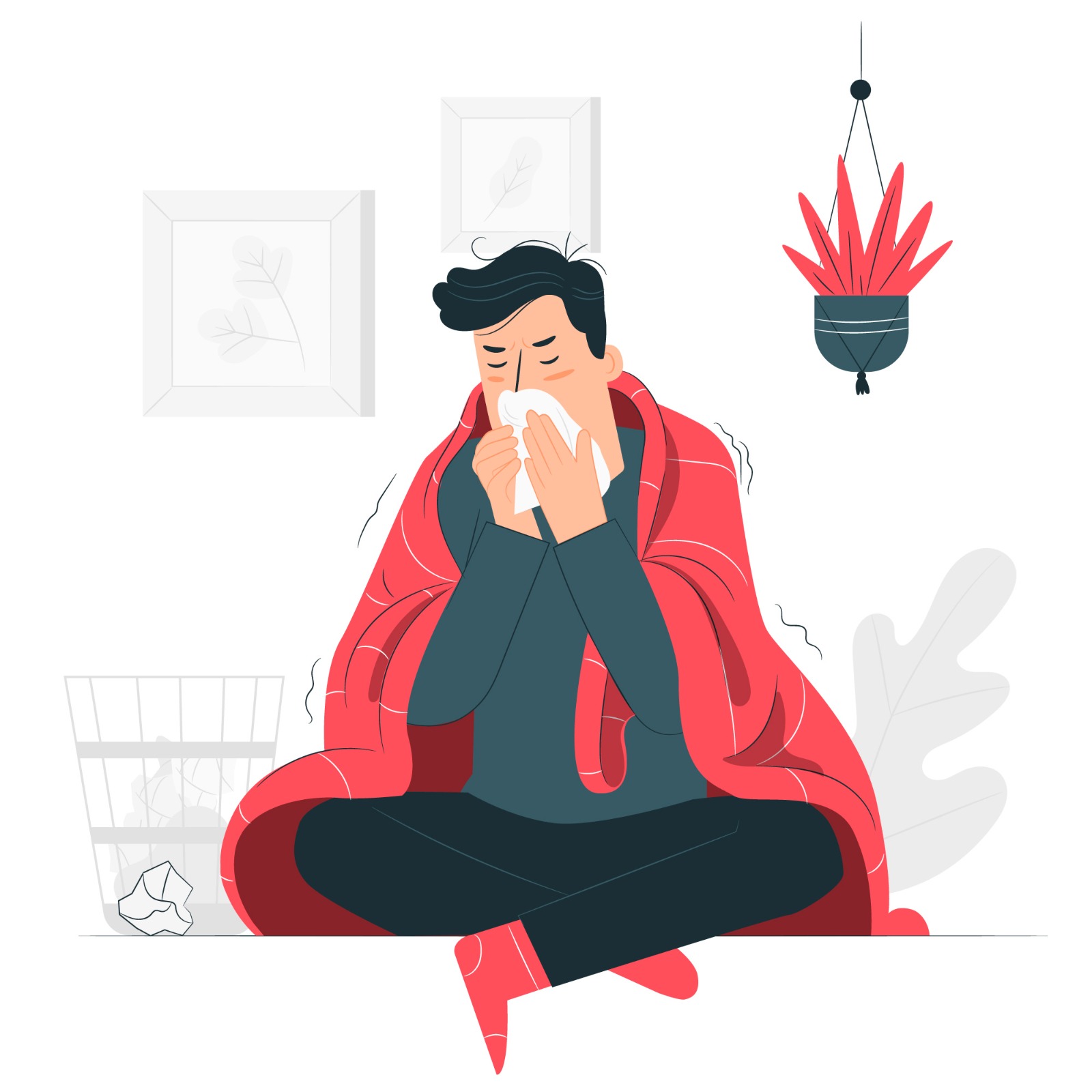Common mistakes people make when treating a cold
– Coping with cold can be quite bothersome, as it brings about various symptoms that can range from slight discomfort to more severe respiratory problems. While it’s understandable to want relief quickly, sometimes in our haste we make mistakes that can prolong the illness or worsen the symptoms. Here are the common mistakes people make when treating a cold and some simple ways to avoid them.
Ignoring Hydration
One of the most common mistakes people make when they have a cold is not staying hydrated enough. Dehydration can worsen the symptoms like congestion and sore throat.
When you’re feeling under the weather, make sure to drink plenty of water, herbal teas, or clear broths. They help in thinning the naturally produced secretions in your body during a cold. When these secretions and mucus become thinner, they are easier to expel, leading to improved comfort and relief.
Skipping rest
In today’s fast paced world, it can be challenging to take a break, even when we’re sick. However, skipping rest when you have a cold can prolong your recovery time and make you more susceptible to complications like sinus infections or bronchitis.
Listen to your body and prioritize rest, even if it means taking a day off or cancelling plans.
Neglecting Nutrition
Proper nutrition plays a crucial role in supporting immune function and aiding recovery from illness. Unfortunately, many people gravitate towards comfort foods that are often high in calories, processed ingredients, and lacking essential nutrients.
Focus on nourishing your body with immune-boosting foods that provides essential vitamins and minerals like fruits, vegetables, lean proteins, and whole grains.
Overusing decongestants
Decongestants can certainly help make you feel better, even help you sleep better, which might shorten the course of your cold.
However, using a nasal decongestant for longer than one or two days could sell trouble. “When used beyond three days, tropical decongestant nasal sprays can cause rebound or worsening congestion.
Not Seeking Medical Attention When Needed While most colds are mild and self-limiting, there are instances when professional medical attention is necessary. Ignoring severe symptoms or dismissing them as just a cold can be risky, especially for vulnerable populations such as young children, the elderly, or individuals with underlying health conditions.
If you experience persistent fever, severe headache, difficulty breathing, or chest pain, don’t hesitate to consult a healthcare professional promptly.
– By avoiding these common mistakes and adopting healthy habits, you can support your body’s natural healing process and minimize the impact of the cold on your overall well-being.

